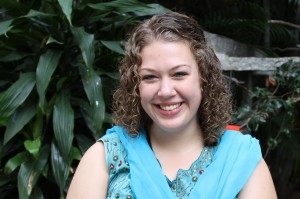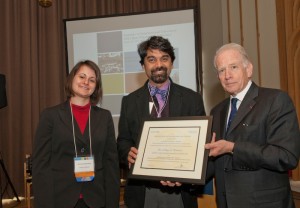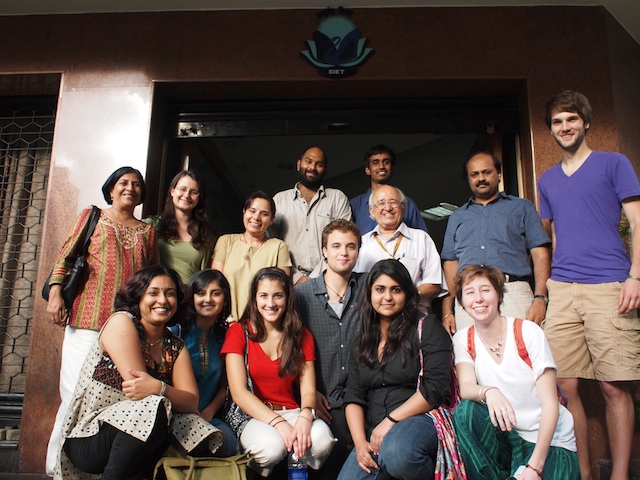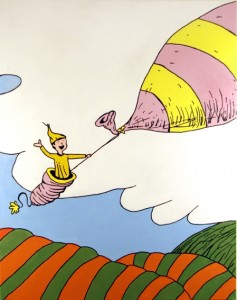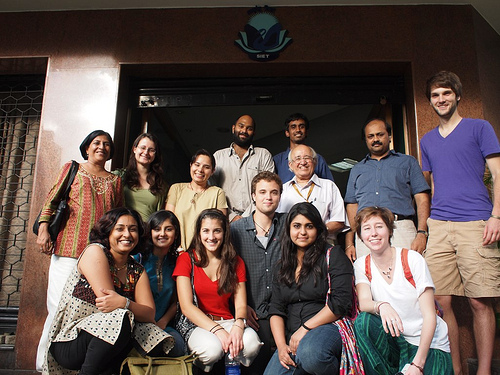By Samantha McNelly
As a first year college student, I only had a general idea of what I wanted my major to be and what I wanted to do after college. I just knew that eventually, I wanted to work in an environment that allowed me to help make the lives of others better.
I certainly had no idea how to reach that goal, or really what that even meant to me. When I enrolled in the local social entrepreneurship program, I was quickly thrown into a world of budgets, business plans, and risk analyses, which were quite far removed from the abstract political discussions in which I often found myself involved. Instead of using academic tools to understand a problem, I was being forced to use business and analytical tools to act on a problem. In the global social entrepreneurship program, I was able to use many of the skills I learned in local social entrepreneurship and apply them in a dramatically different cultural, political, social, and economic environment.
The local and global social entrepreneurship programs cannot be oversold. These two programs helped me cultivate new skills and interests that dramatically improved my personal agency. While there is a certain academic element to these programs, they reach much deeper than any other classroom experience and force the students to challenge any preconceived notions they have about a particular issue and then find a way to address the root of the problem in an innovative, creative, and practical way. This is not easy for a group of 18-22 year olds, but I saw remarkable growth in my teammates and myself as a result of tackling these daunting challenges.
It has now been three years since I participated in the local social entrepreneurship program, and two years since I went to India with the global team. I am not exaggerating in the slightest when I say that these two programs not only helped me determine my major, but were more formative than any of my other experiences in college because they reach beyond traditional academics and demand creativity, dedication, a positive attitude, humility paired with persistence, and the willingness to grow personally. Because of my participation in the social entrepreneurship programs, I am much more comfortable tackling problems and projects that others find overwhelming or “impossible.” I have a greater belief in my own abilities and potential to affect positive change in the world. I have had experiences I would have never had without these programs and met many wonderful people that I am a better person for having spent time with. I have acquired an intense, positive, persistent, and sometimes single-minded determination to defy expectations and push the limits of what is traditionally accepted as “good enough,” because I now believe that it is within my abilities to do something real, powerful, and groundbreaking. I have transformed from a concerned and confused student to an active and empowered soon-to-be college graduate. Most importantly, I have learned about myself and gained confidence in my abilities and passions, which I know will continue to push me to explore new opportunities, accept and overcome more challenges, and to continue to make myself better so I am better able to pursue my goals.

